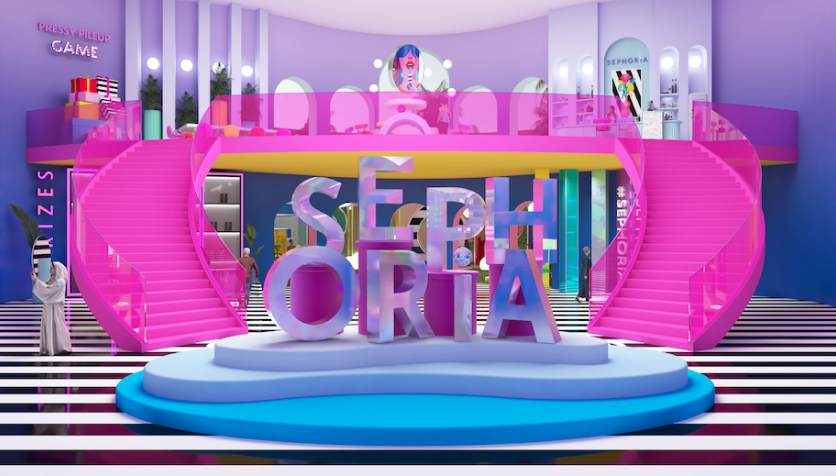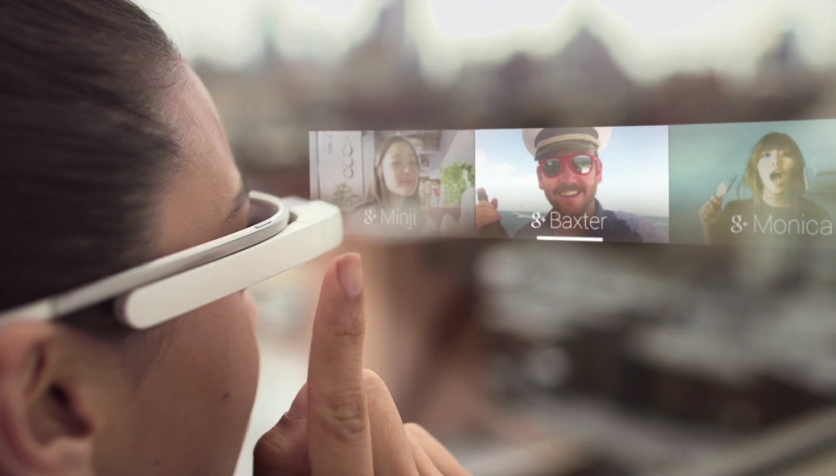
Game Development on Demand: Creating a Dream Team through Outsourcing
Continue reading "Game Development on Demand: Creating a Dream Team through Outsourcing"
You may have heard of the metaverse before - it's a concept that's been around for a while, made popular by sci-fi books and movies like Ready Player One and the Matrix. Essentially, the metaverse is a parallel universe that can be accessed through cyberspace, where people can interact with each other and with digital representations of real-world objects.

And while the idea of the metaverse may seem like something straight out of a science fiction novel, it's actually not all that far from reality. In recent years, there have been a number of companies and organizations that have begun to experiment with using the metaverse for marketing purposes. For example, in 2019, Toyota launched an interactive marketing campaign in the metaverse called "The Grid." Users could explore an immersive digital world filled with Toyota vehicles and interact with avatars representing Toyota employees.

So what does this mean for the future of marketing? While it's still early days yet, it's not difficult to imagine a future where more and more brands begin to establish a presence in the metaverse. After all, what better way to reach potential customers than by inviting them into an immersive, interactive world that you control?
Of course, creating a presence in the metaverse is not without its challenges. For starters, it requires a significant amount of time and resources to create a robust and believable virtual world. Additionally, there is always the risk that users will get bored or frustrated with your campaign if it isn't well-executed.
That being said, we believe that the potential rewards definitely outweigh the risks. If you're looking for a way to take your marketing efforts to the next level, then we recommend considering investing in the metaverse. It might just be the key to unlocking unmatched levels of customer engagement!
In the physical world, brands have to worry about things like brick-and-mortar locations, product placement, and marketing campaigns. But in the metaverse, there are far fewer limitations. You can be anything you want to be, and your brand can be anything you want it to be. So how do you create a brand that will stand out in the metaverse?
A metaverse is a big place, and there's room for all sorts of brands. But in order for your brand to be successful, you need to find your niche. What are you offering that no one else is? Why should people care about your brand? Answering these questions will help you figure out what makes your brand unique and how to market it effectively.

In the metaverse, your avatar is your representative. It's how people will recognize you and your brand. So it's important to put some thought into what your avatar looks like. Do you want to be a human? An animal? Something abstract? Once you've decided on an avatar, you can start to build out your look with clothes, accessories, and animations that reflect your brand identity.
People come to the metaverse to have fun and escape reality. So it's important that your brand offers something engaging and entertaining. This could mean hosting events, giving away prizes, or creating interactive experiences. Whatever you do, make sure it's something people will enjoy and remember.
As the metaverse continues to grow and evolve, more and more brands are entering this exciting and rapidly expanding virtual world. From fashion and beauty to tech and gaming, a wide range of brands are finding new and innovative ways to engage with customers and build their presence in the metaverse.
One of the most notable brands to enter the metaverse is fashion giant Louis Vuitton. In 2021, the luxury brand launched its first virtual store in the metaverse, offering customers the opportunity to browse and shop for its iconic products in a fully immersive and interactive virtual environment. The store, which was designed by renowned architect Frank Gehry, allows customers to virtually try on clothing and accessories, and even customize their own virtual versions of the brand's iconic bags.

Another major brand that has made a splash in the metaverse is cosmetics company Sephora. In 2022, the company launched a virtual beauty studio in the metaverse, allowing customers to virtually try on makeup and skincare products, and receive personalized beauty consultations from expert virtual makeup artists. The studio, which features a sleek and modern design, offers customers a unique and engaging beauty experience that is not possible in the physical world.

In addition to fashion and beauty brands, a number of tech companies are also making their mark in the metaverse. In 2021, Google launched its first virtual reality (VR) headset, Google Glass, which allows users to fully immerse themselves in the metaverse and experience a wide range of VR content. The headset, which is equipped with advanced AI technology, has become a popular choice among gamers and tech enthusiasts and has helped to establish Google as a major player in the world of VR.

As the metaverse continues to evolve and expand, it is clear that more and more brands will enter this exciting virtual world. Whether they are offering customers unique and engaging virtual experiences or using the metaverse as a platform for innovation and experimentation, these brands are helping to shape the future of the metaverse and are leading the way in this exciting and rapidly growing virtual world.